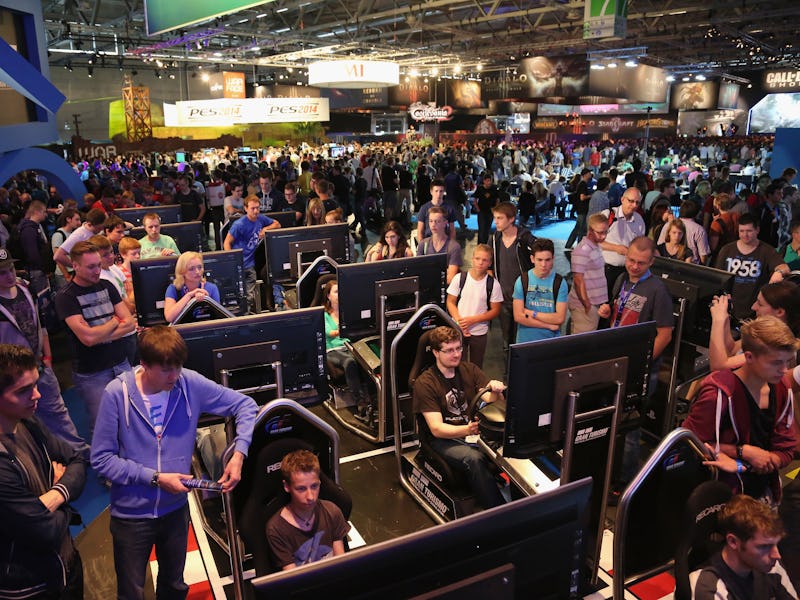California Gaming: Sony Headquarters Shift to U.S. Signals Western Emphasis
San Mateo will be the next home to the Japanese titan's video game divisions.

Sony is all in on America. The corporate giant is merging two of its major entertainment branches — Sony Computer Entertainment and Sony Network International — and putting the unified Sony Interactive Entertainment (SIE) in San Mateo, California.
Tokyo has long been the home of Sony’s gaming sector, but the success of 2013’s PlayStation 4 in Western markets, and the gaming console’s relative unpopularity in Japan itself, seems to have convinced top officials of the value of an American headquarters. Sony Computer Entertainment will likely join the offices of Playstation and Sony Interactive Entertainment already based in San Mateo.
“By integrating the strengths of PlayStation’s hardware, software, content and network operations, Sony Interactive Entertainment will become an even stronger entity, with a clear objective to further accelerate the growth the PlayStation business,” said Andrew House, the current president and CEO of Tokyo-based Sony Computer Entertainment Inc. in a statement. House will take over as CEO of SIE.
The change in locale and the unified corporate structure represents just the most recent in series of events that point to a major schism in the once robust Japanese-Western gaming relationship. In general, the console business remains king in the West, while Japan has been shifting rapidly to mobile games. Western audiences have also demonstrated a greater interest in network gaming — playing multiplayer online — than their Japanese peers.
A reference model of the Sony PlayStation VR viewer is on display with a PlayStation 4 System during a press event for CES 2016 at the Mandalay Bay Convention Center on January 5, 2016 in Las Vegas, Nevada
The shift may also be a hint that Sony expects its long-awaited PlayStation Virtual Reality headset, due to be released later this year, to prove a more attractive commodity in the West than in Japan.
PlayStation 4 sold almost 36 million units worldwide, with 10.4 billion in the United States and 9.4 billion in Europe. Japan has seen its console market halve in recent years, according to The Wall Street Journal, dropping below 2005 levels for sales of games and hardware.
It’s not clear how Japanese gamers will take the departure of a major hub of game development for California’s shores, but there’s no doubt Americans have something to celebrate.